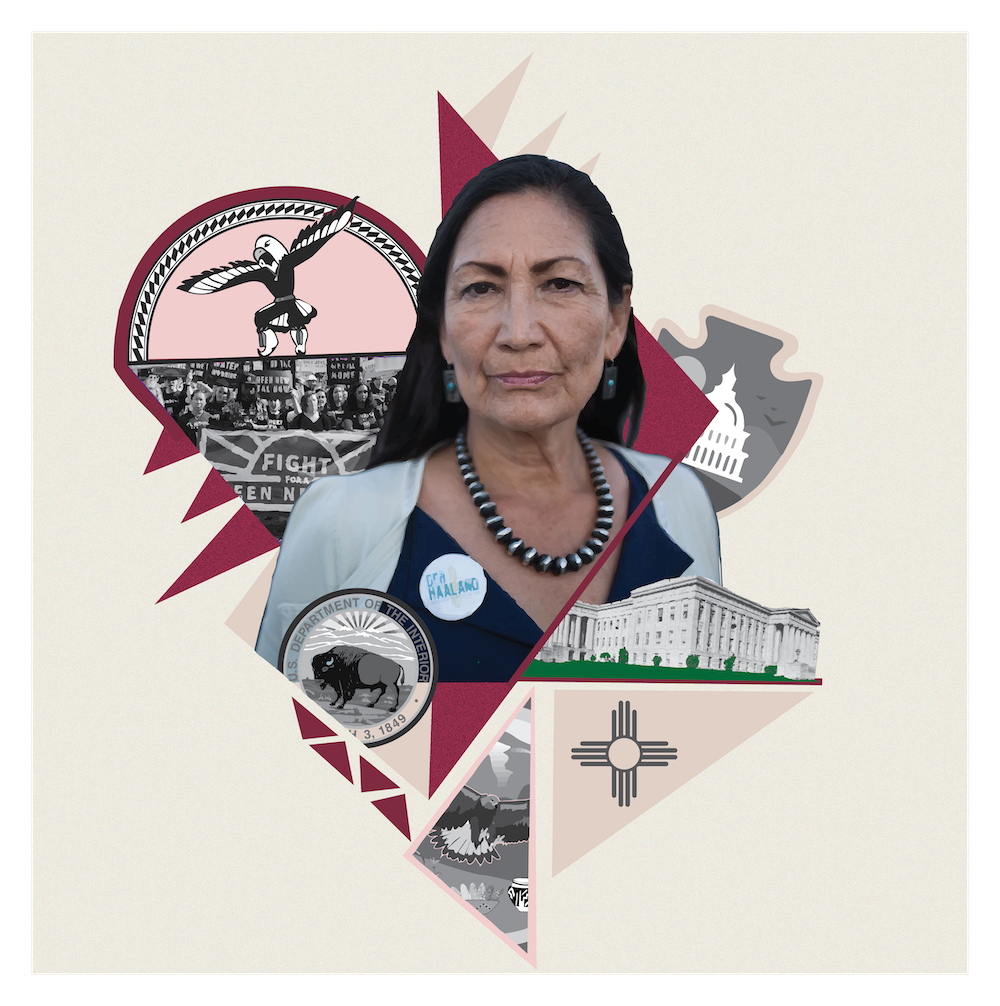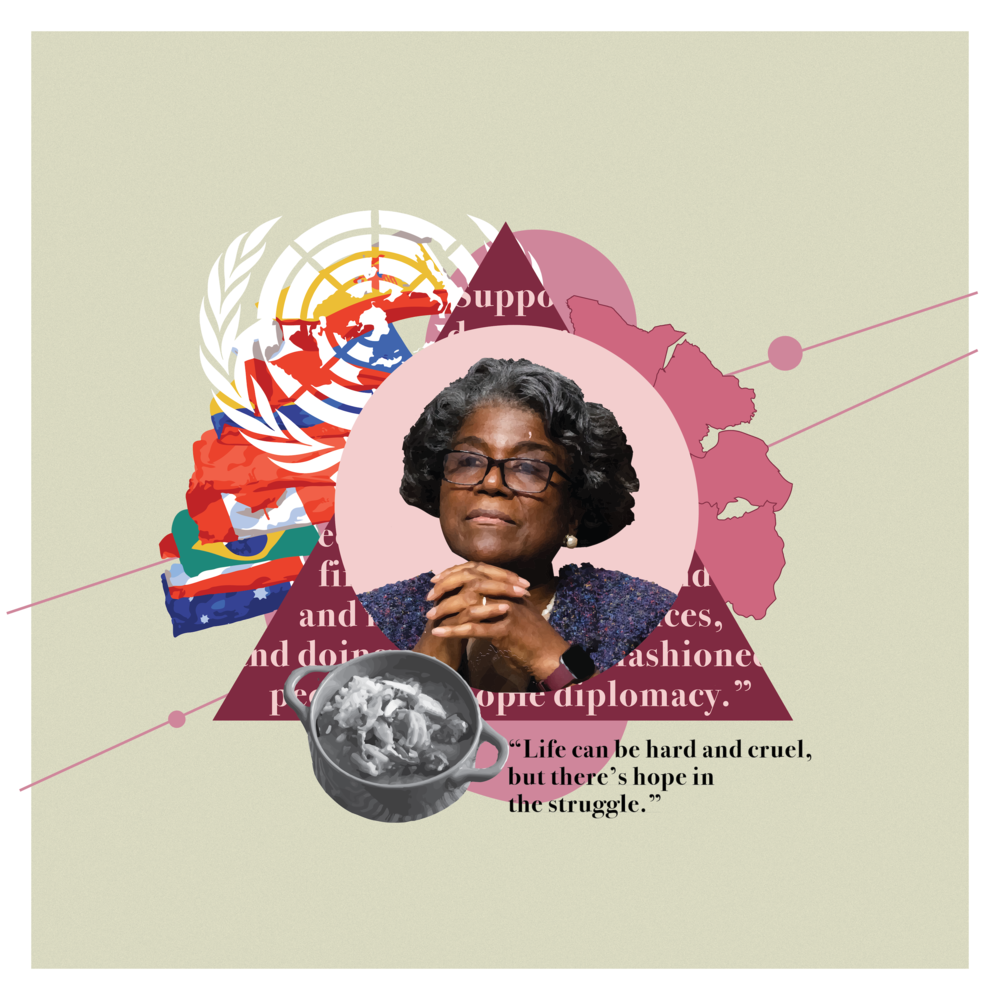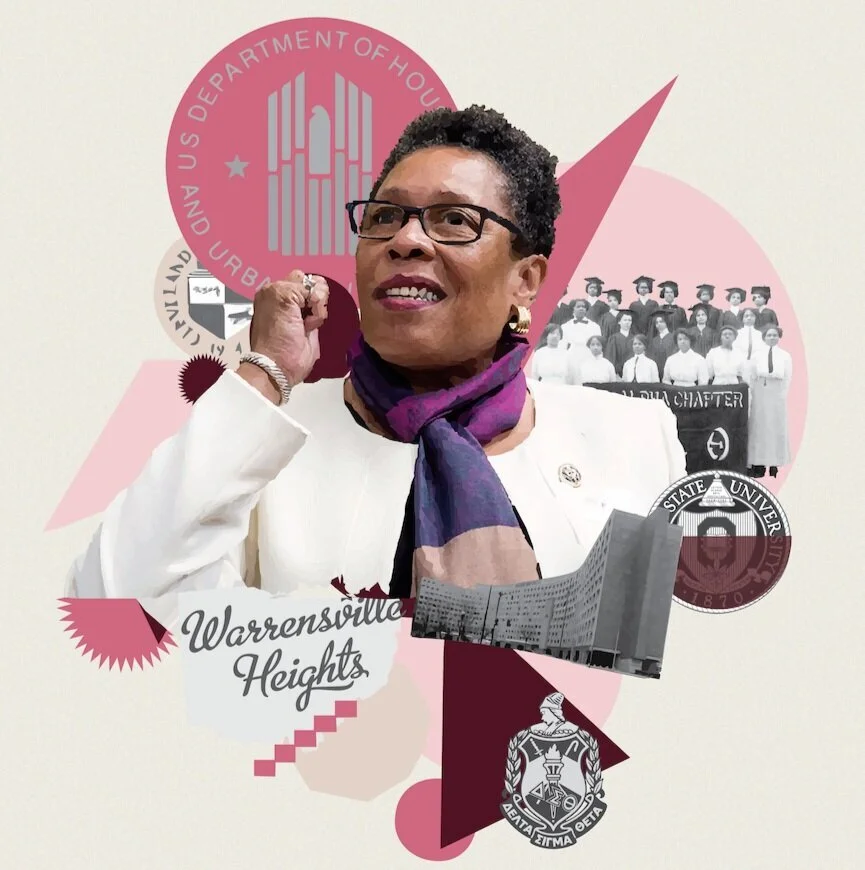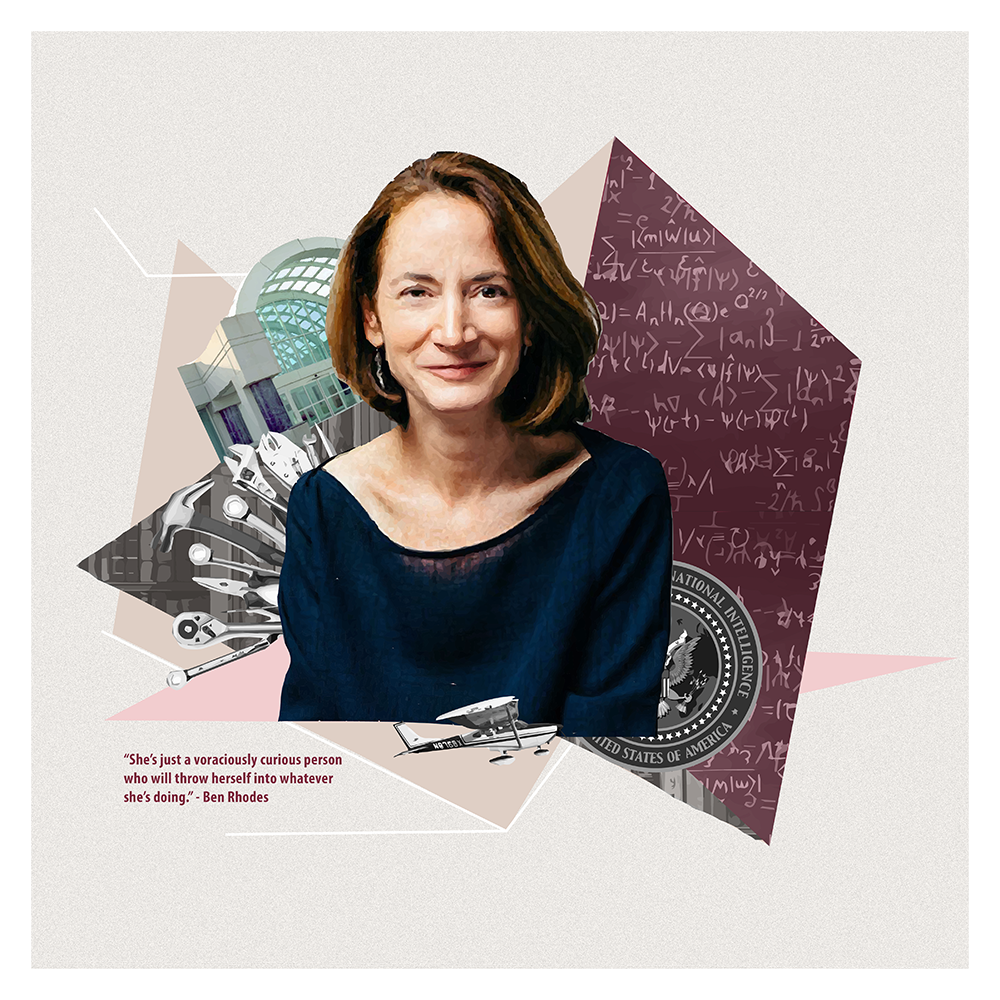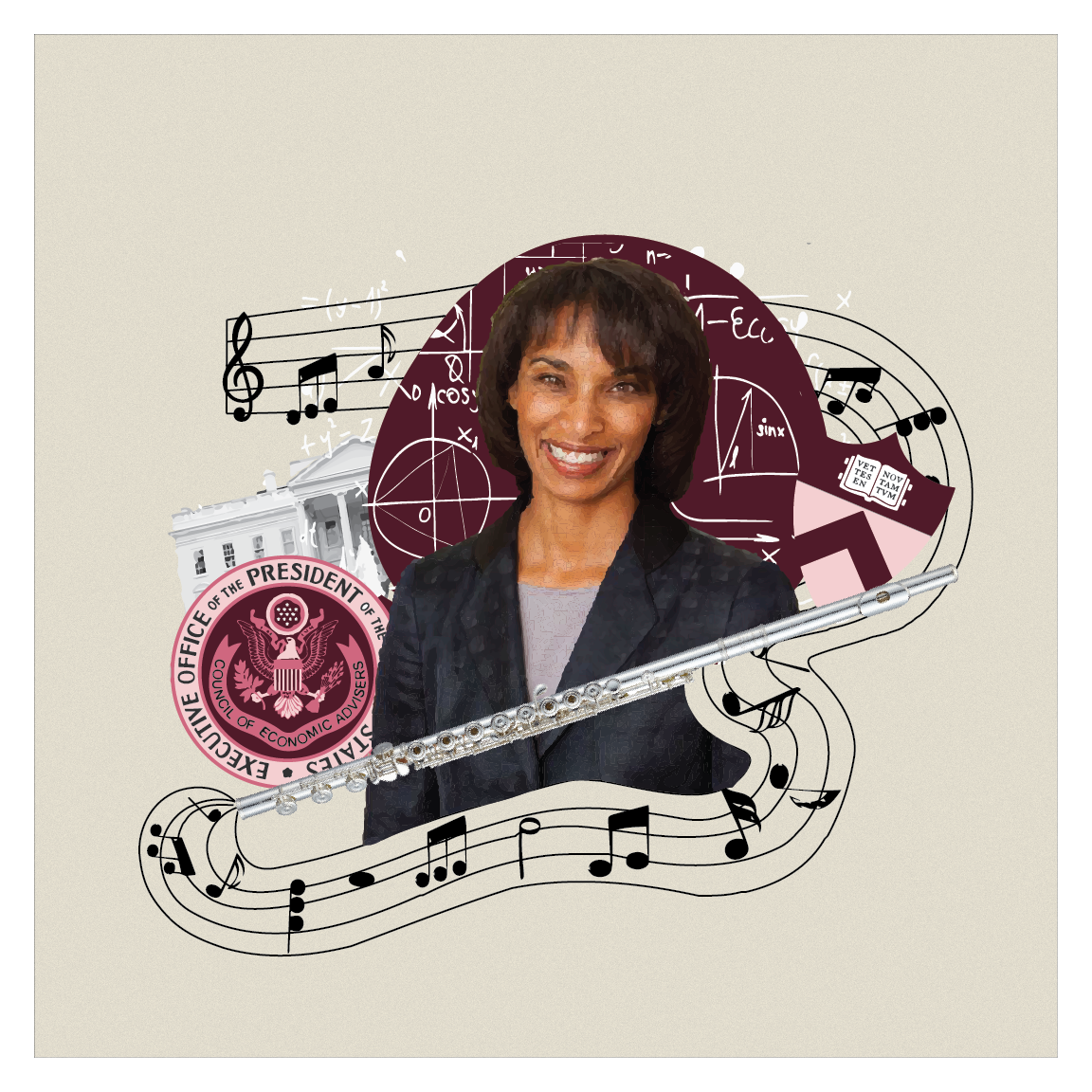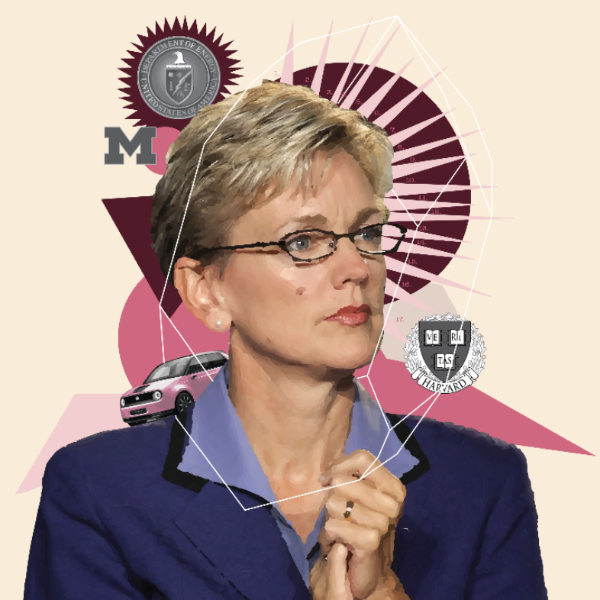Many of you may already be familiar with Project Drawdown, the most comprehensive plan ever proposed to reverse global warning. Project Drawdown (PD) presents the 100 most substantive solutions based on meticulous research by the leading scientists and policymakers around the world.
PD director Paul Hawken says that the genesis for the project was curiosity. Nearly 20 years ago, he began asking experts in climate change and environmental fields a simple question: “Do we know what we need to do in order to arrest and reverse global warming?”
The result is a best-selling book that lays out the solutions that, if implemented in the next 30 years, would get us to reversal (known as “drawdown,” the point at which greenhouse gases in the atmosphere peak and begin to decline). What’s exciting and hopeful about these ideas is that they are realistic and economically viable; many are already being enacted by communities around the world. Some may surprise you, because they address what we might call the intersectionality of climate change.
This past November, TEDWomen asked Katharine Wilkinson, author of the book, to talk about some of these ideas. The video of her talk was published on TED.com last week and I encourage you to watch it.
In her informative, bold talk, she shares three key ways that empowering women and girls can help stop global warming.
“Drawing down emissions depends on rising up.”
— Katharine Wilkinson
I asked Katharine to answer some follow-up questions about her talk, the human rights implications of climate change and how she stays positive in the face of current political backlash.
She reminds us that these solutions present a win-win for society and the environment, working towards a more livable and more just planet.
Several years ago at TEDWomen, Mary Robinson talked about the human rights implications of climate change. As you mentioned, the awareness that climate change tends to impact those who are the most vulnerable — women, children and the poor — is growing. And in your talk, I loved how you connected climate change to issues that many may not see as related, such as child marriage, sex trafficking and the under-education of girls around the world. Can you talk a little more about the societal impacts of climate change on women and girls in affected areas?
KW: Climate change is a justice issue. Mary Robinson articulates that fundamental truth so poignantly. While the impacts of climate change touch everyone, research shows they hit women and girls hardest. That disproportionate effect is due to existing vulnerabilities, especially under conditions of poverty, and to the roles women and girls play in many societies, such as collecting water and fuel or growing food. As just one example, Otto Simonsson’s short film “One Every Second” illuminates the link between climate-related displacement and sexual exploitation in Bangladesh. In very real ways, climate change is violence against women and girls; it thwarts their rights and opportunities. The flip side is that we can advance justice through our responses to global warming. As Mary Robinson has become fond of saying more recently, “climate change is a manmade problem with feminist solutions.”
Your project, Drawdown, highlights the 80 most substantive, existing solutions to address climate change. In your talk, you focus on three areas in which gender equity and halting global warming are linked: agriculture, education and family planning. What was surprising to me in reading Drawdown was how high up the list these issues are in terms of their potential impact. Educating girls is #6 and family planning is #7. Why are these so vital compared to other solutions like electricity generation and land use?
KW: It’s one of the most powerful insights from our work—that securing the rights of women and girls can have a positive impact on the atmosphere, comparable to that of wind turbines and solar panels and forests. In large part, that’s due to the ripple effects of gender equity on the growth our human family. When girls and women have access to high-quality education and reproductive healthcare, they have more agency and make different choices for their lives. Those choices often include having fewer children.
Both education and family planning are basic human rights, not yet reality for too many. Securing them could mean a global population of 9.7 billion people at midcentury, as opposed to 1 billion people more if we fail to address what girls and women say they want, need, and lack. Want, need, and lack bears repeating. This is very different than the tired, repressive trope of “population control” foisted on women. It is choice, not control, that may avoid more than 100 billion metric tons of carbon dioxide over the next three decades. (For context, humanity emitted just over 37 billion metric tons of carbon dioxide in 2018.)
A big story in the news this week is the Science journal report that oceans are heating up 40 percent faster that scientists estimated they would. Does that affect your rankings in terms of ocean health and solution priorities?
KW: That story was this week’s biggest earth heartbreak for me. (The biggest pure heartbreak was Mary Oliver’s passing. I first encountered her poetry at 16, and it has shaped my life in profound ways for two decades since.) We think about global warming, but oceans are really ground zero. They store more than 90 percent of the excess heat trapped by our emissions-clogged atmosphere. That has huge implications for ice melt, sea level rise, extreme weather, and the die-off of coral reefs. That oceans are heating even faster than we thought reinforces what the earth has been telling us: Nothing less than bold, society-wide transformation is needed. We are facing an emergency of unprecedented scale and severity.
Ocean solutions are a critical emerging focus of our work at Project Drawdown. We’ve just launched an effort to analyze the best marine technologies and practices available. For example, kelp sequesters carbon faster than any plant on land and can be grown at massive scale. Oysters filter excess nitrogen and can be farmed sustainably. We wrote about some of these solutions in the book Drawdown, but now we’ll be able to put numbers to their potential impact. And we’ll amplify that potential, with the aim of accelerating investment and action to implement them.
How do you remain positive in the face of such challenges?
KW: I think about this question a lot, and I’m still very much figuring it out. Parker Palmer uses a term, “the work before the work” of social change. There’s inner work we have to do, to do good work in the world. I find that it’s easy to become so focused on the need “out there,” that I overlook the needs “in here”—and the way they’re intertwined. What helps me is time in circle and in community with kindred souls. Time in the mountains and with dogs and horses, to get grounded in the present. Time learning from elders, like Parker Palmer, like Mary Oliver, like Sherri Mitchell. Sherri’s recent book Sacred Instructions: Indigenous Wisdom for Living Spirit-Based Change is vital wisdom for humanity at a crossroads—”sacred instructions” to “heal one another and reclaim our place within creation.” If we want to shape a life-giving future, we have to cultivate that which gives us life here, now. And I remind myself, as I said in the talk, that it’s ultimately a magnificent thing to be alive in a moment that matters so much.
Can you recommend programs or charities working to improve the lives of women and girls that we should know about and support?
KW: There are many! I really admire the work of Blue Ventures, CARE, Marie Stopes International, Planned Parenthood, Root Capital, Solar Sister, WECAN, wPOWER Hub. This list could get long… The “mothers of invention” featured on the podcast by that name (hosted by Mary Robinson and Maeve Higgins) are incredible climate leaders, from food to plastic, litigation to divestment. Many of them are associated with nonprofits or initiatives you can support. It’s estimated that just 0.2% of philanthropic funds go specifically toward women and the environment.
Let’s see if we can’t nudge that number upward.
And I would add Barefoot College, Acumen Fund fellows, V-Day and UN Women to that list…
Onwards!
— Pat


